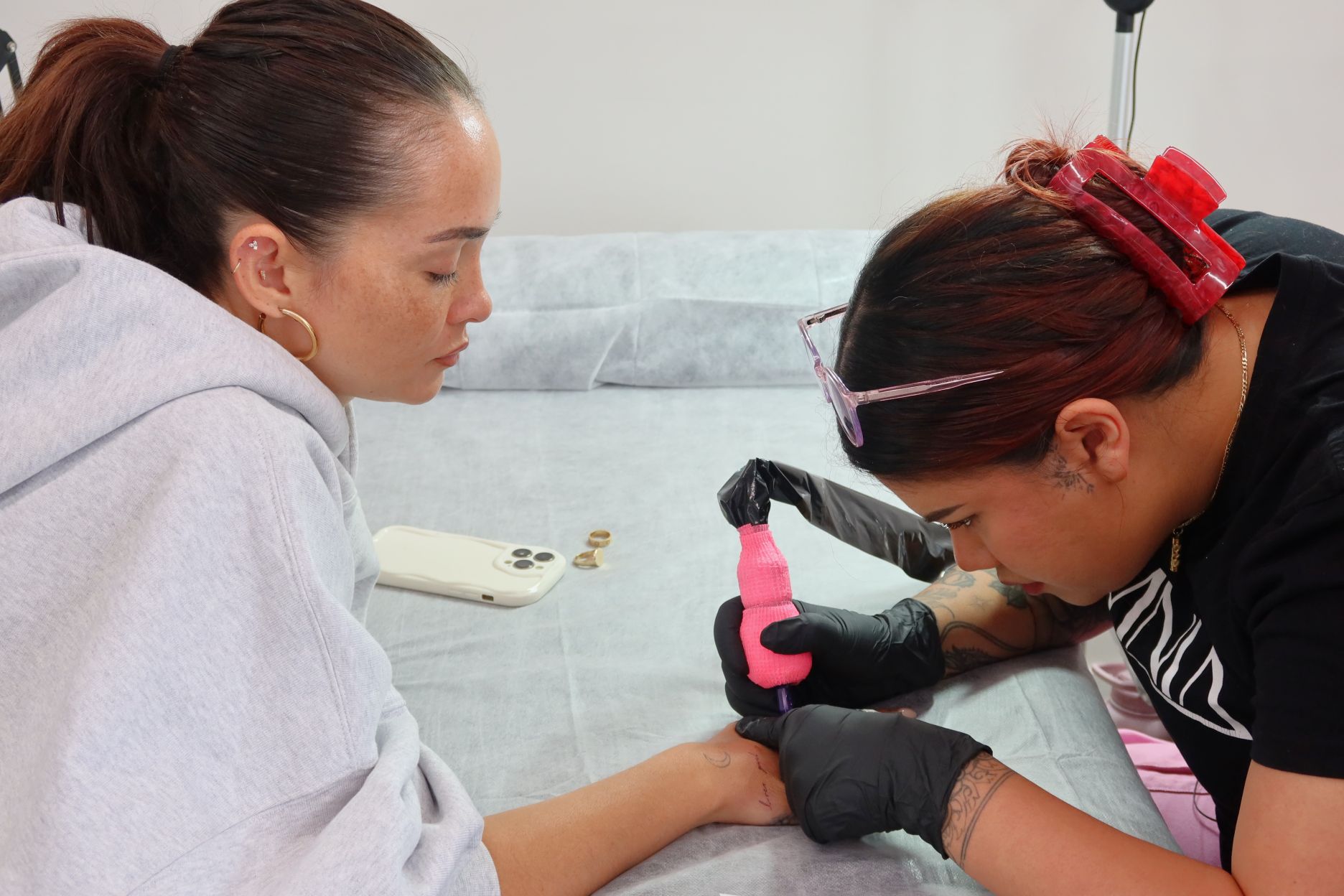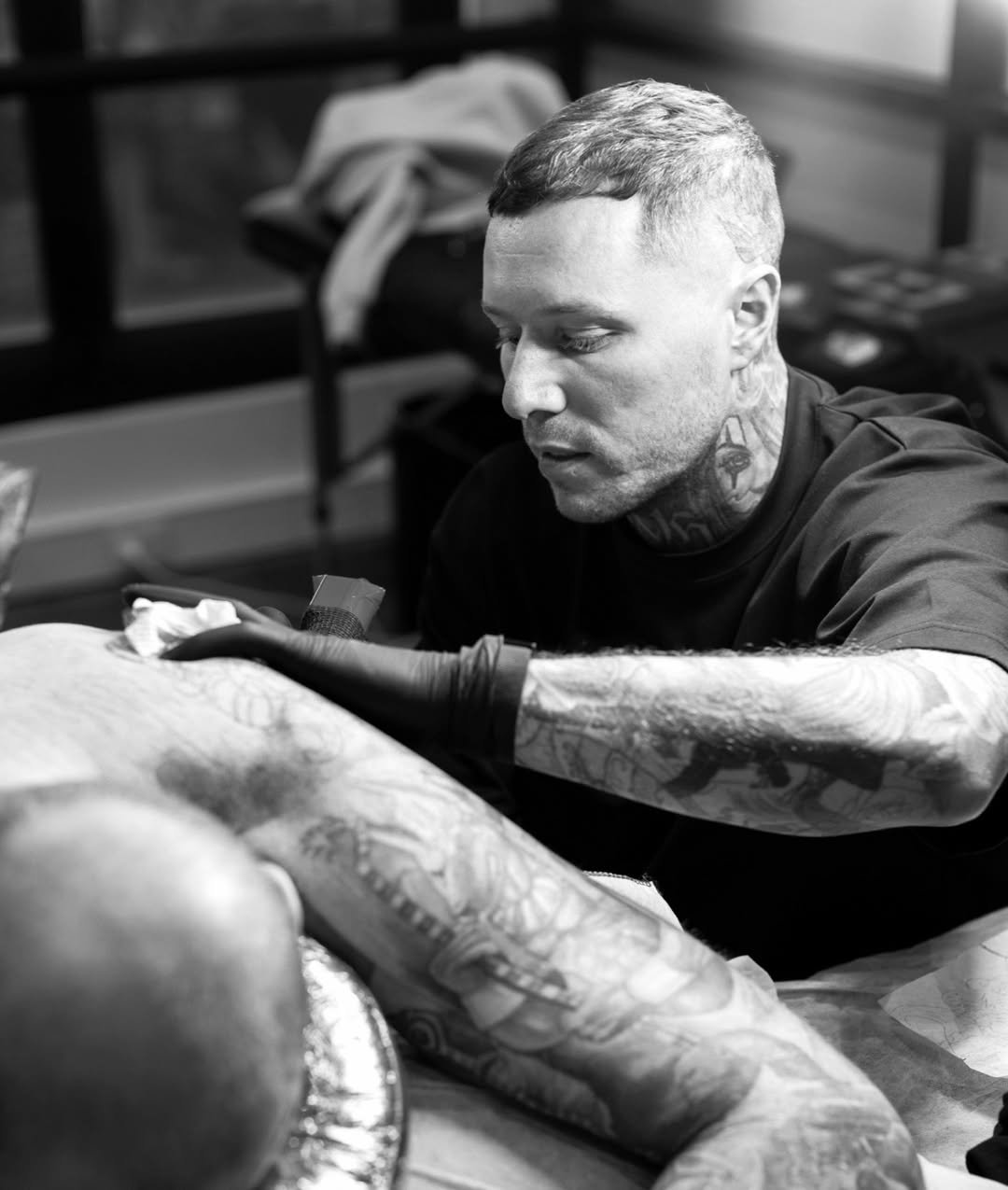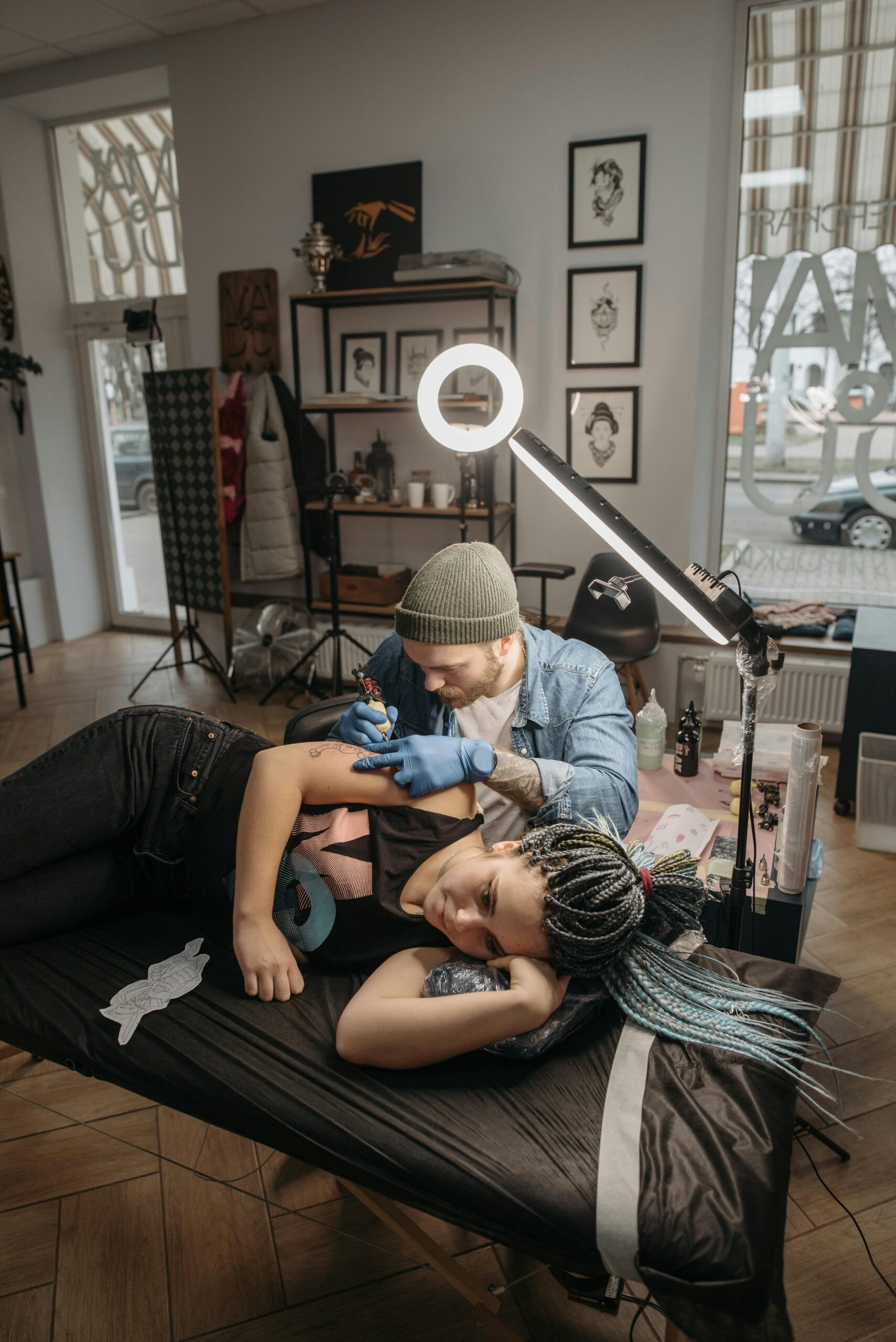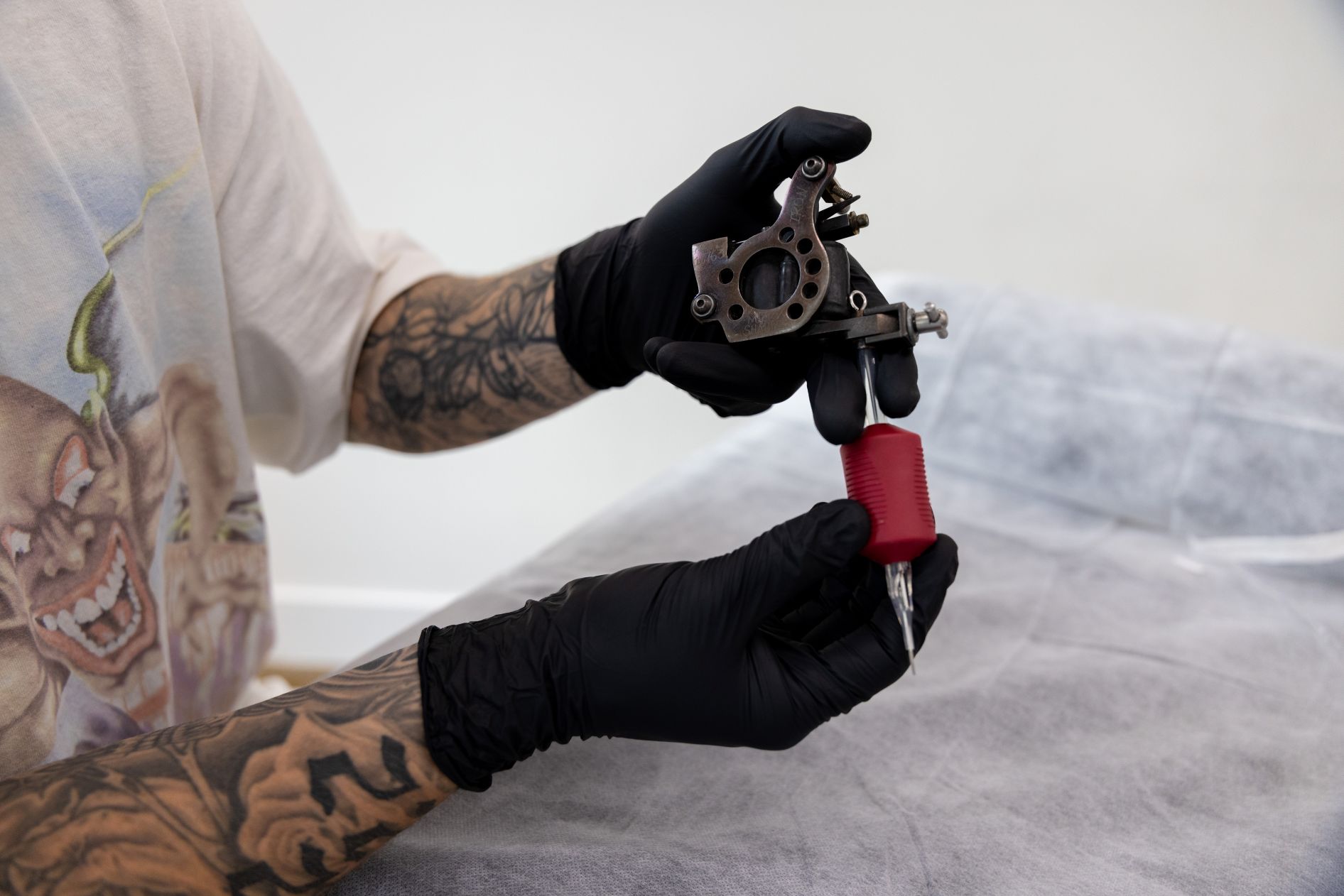
The tattoo industry in Australia has experienced unprecedented growth, with more people than ever seeking professional tattoo artists. If you’re considering a career in tattooing, understanding your education options is crucial for success. This comprehensive guide covers everything you need to know about online tattoo courses in Australia, helping you make an informed decision about your tattoo education journey.
Why Choose an Online Tattoo Course?
Flexibility and Convenience
Online tattoo courses offer unparalleled flexibility, allowing you to learn at your own pace while maintaining work or family commitments. Unlike traditional apprenticeships that require fixed schedules, online courses provide 24/7 access to learning materials, enabling you to study when it suits you best.
Comprehensive Curriculum
Modern online tattoo courses provide structured, comprehensive education that covers all aspects of professional tattooing. From fundamental techniques to advanced artistry, online courses ensure you receive complete training rather than fragmented learning that can occur in traditional settings.
Expert Instruction
Quality online tattoo courses feature instruction from industry professionals and established artists. This means you’re learning from experts who understand current trends, techniques, and industry standards.
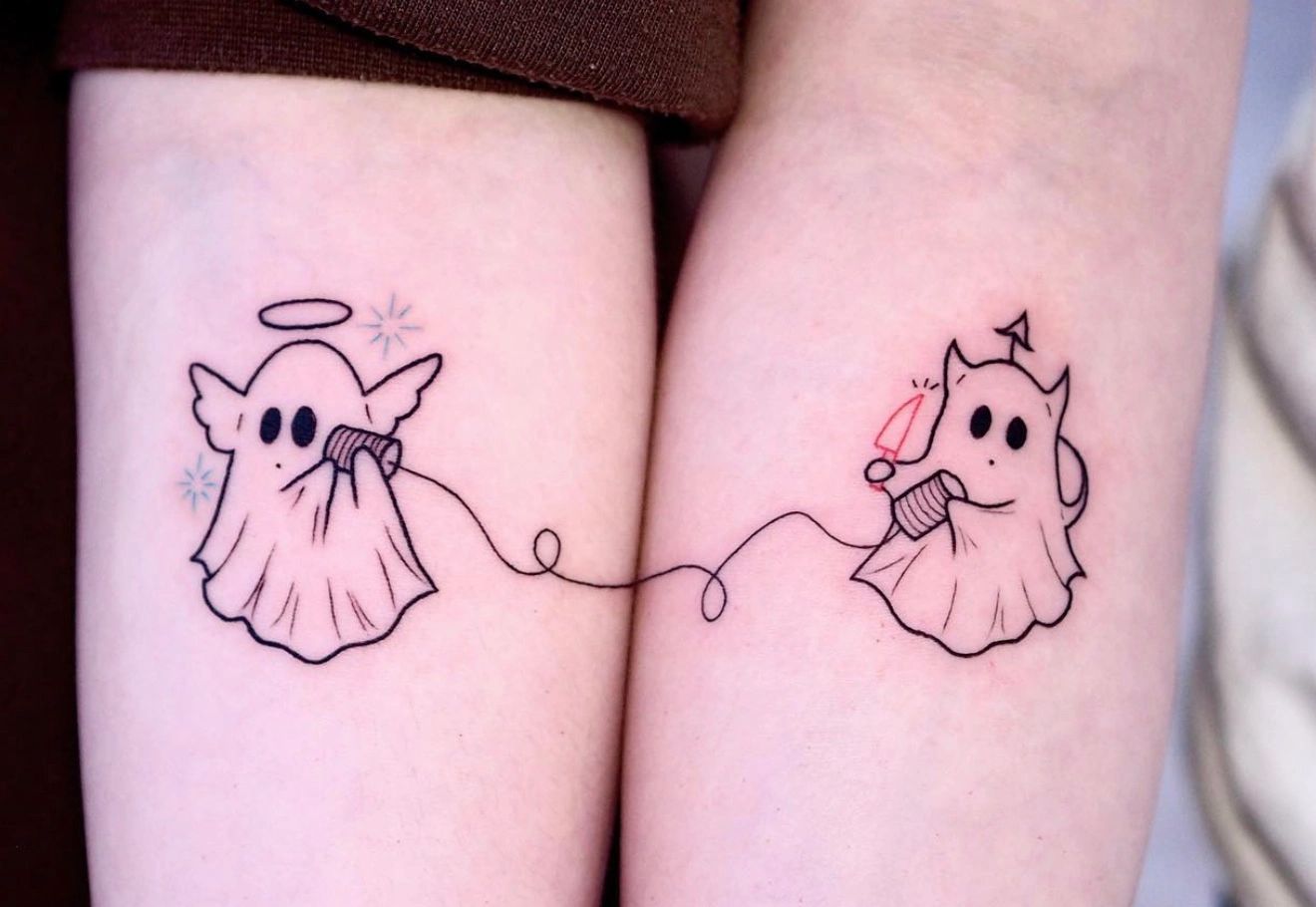
Essential Prerequisites for Tattoo Courses in Australia
Age Requirements
All reputable tattoo courses in Australia require students to be at least 18 years old. This legal requirement ensures students can legally enter binding contracts and work in the tattoo industry upon completion.
Infection Control Certification
Before enrolling in any professional tattoo course, you’ll need to complete infection control training. The required units include:
SHBBINF002 Maintain infection control standards
HLTINF005 Infection prevention for skin penetration unit (Queensland)
This certification is mandatory for anyone handling tattooing equipment and ensures you understand crucial health and safety protocols.
Technical Requirements
- A reliable computer or tablet
- Stable internet connection
- Basic computer literacy
- Adequate workspace for practical exercises
- Residency Status
Most Australian tattoo courses require students to be Australian citizens or permanent residents due to industry regulations and certification requirements.
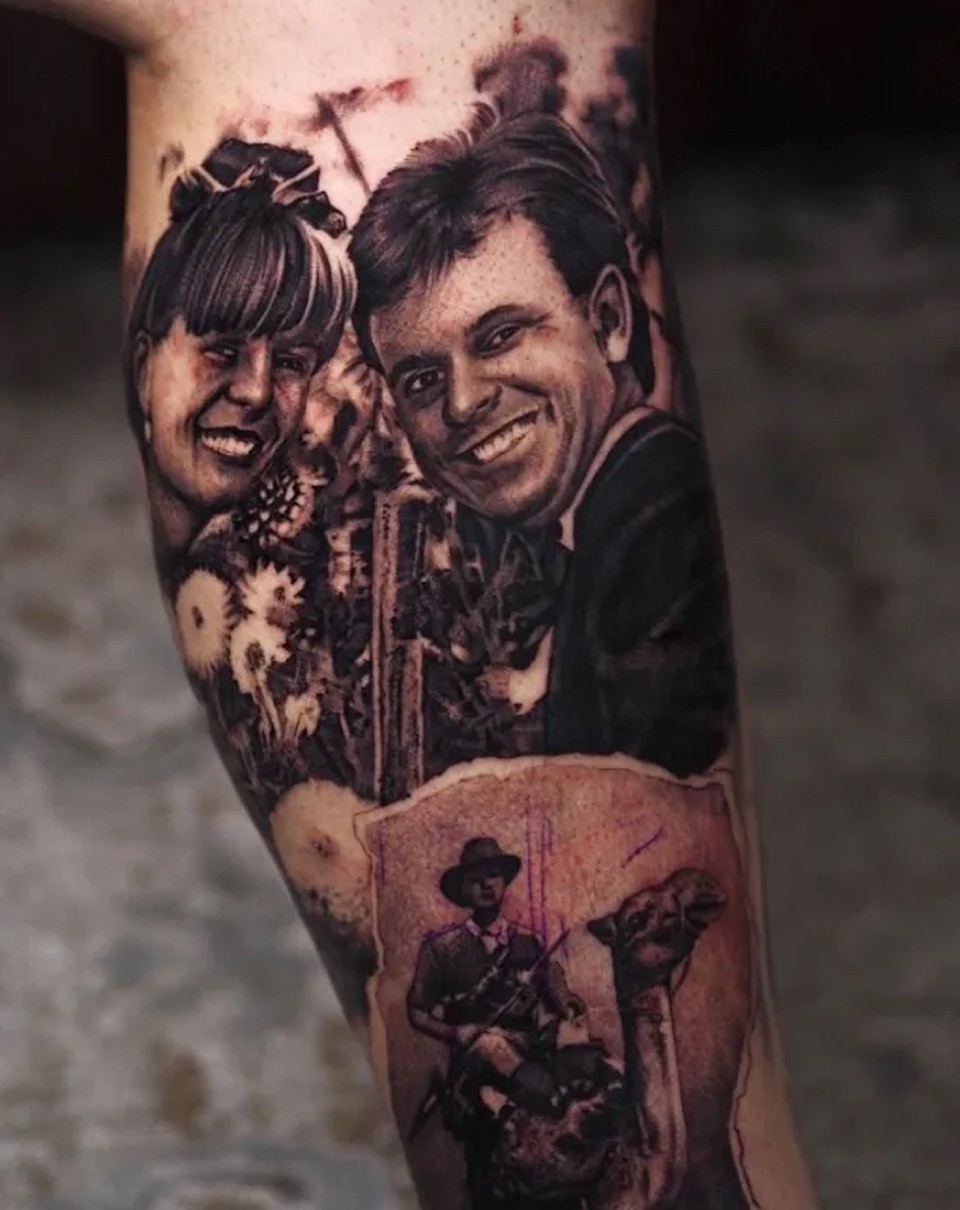
Understanding Tattoo Course Accreditation
Types of Certification
When researching tattoo courses, you’ll encounter different types of certification:
Certificate of Completion
This document confirms you’ve successfully completed the course requirements. While not government-accredited, certificates from reputable institutions demonstrate professional training to potential employers and clients.
Industry Recognition
Look for courses recognized by tattoo industry associations and actual tattoo artists. This recognition indicates the course meets industry standards and expectations, as well as being modern.
What to Look for in Accreditation
- Clear learning outcomes and assessment criteria
- Transparent grading and feedback processes
- Industry-relevant curriculum updated regularly
- Support and mentorship from qualified instructors and artists.
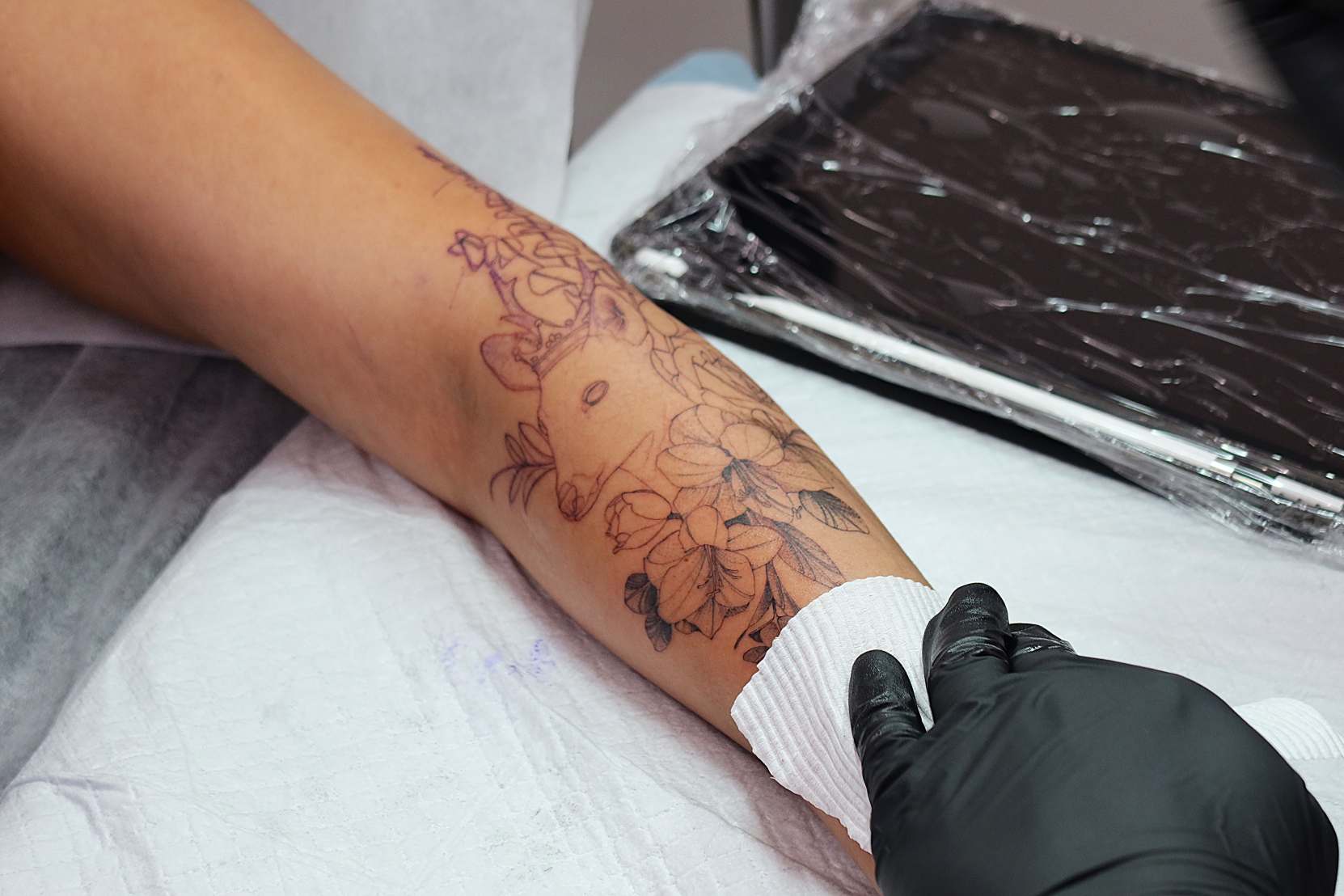
Course Duration and Time Investment
Typical Course Length
Most comprehensive online tattoo courses require:
- Study Period: 6-12 months of active learning
- Access Duration: 12 months total access to materials
- Weekly Commitment: 10-20 hours depending on your pace
Self-Paced Learning Benefits
Online courses allow you to accelerate or extend your learning based on:
- Your existing artistic skills
- Available study time
- Complexity of techniques being learned
- Personal learning style preferences
Investment Considerations for Tattoo Courses
Course Fees
Professional tattoo courses in Australia typically range from $2,000 to $3,000, depending on:
Course comprehensiveness
- Equipment inclusion
- Ongoing support provided
- Institution reputation
Payment Options
Many providers offer flexible payment solutions:
- Full Payment: Often includes payment options such as credit cards and Buy Now, Pay Later.
- Interest-Free Plans: Monthly or fortnightly payments starting from $35 per week
- Customized Plans: Tailored payment schedules for individual circumstances
Additional Costs to Consider (outside your course costs)
- Infection control certification ($300-$500)
- Professional tattoo equipment (if not included like our Courses!)
- Practice materials and supplies
- Professional insurance
- Business licensing and permits

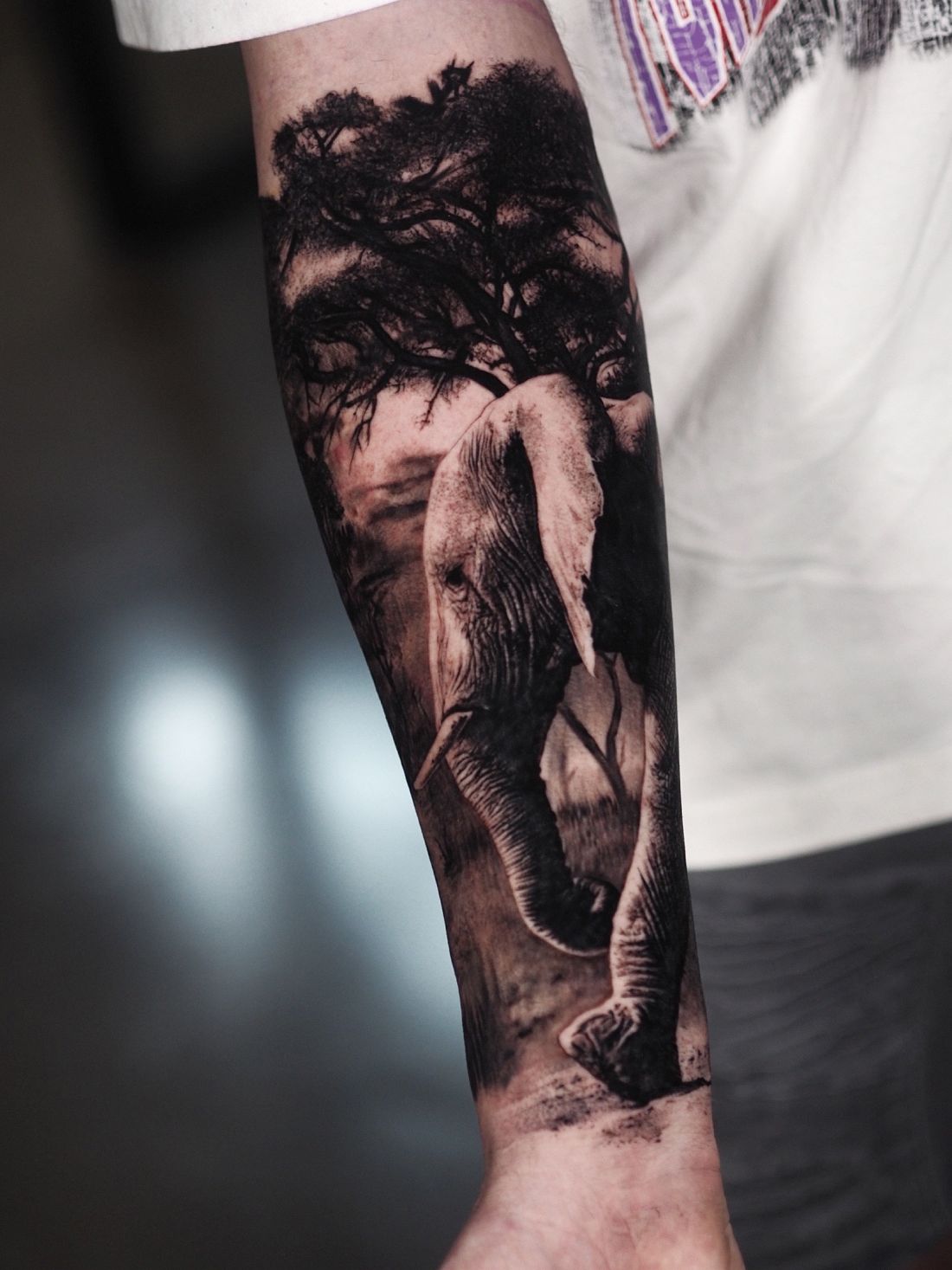
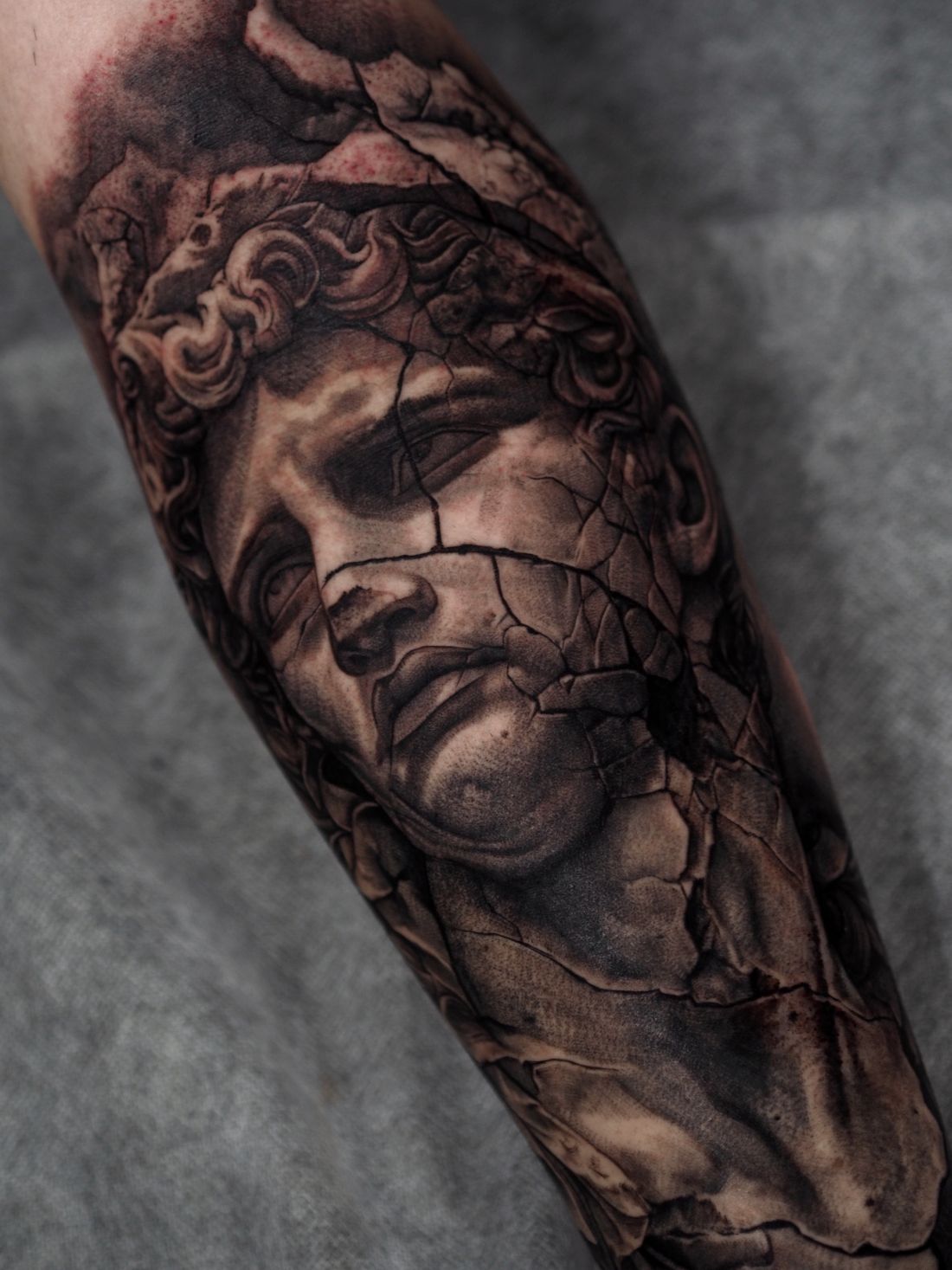
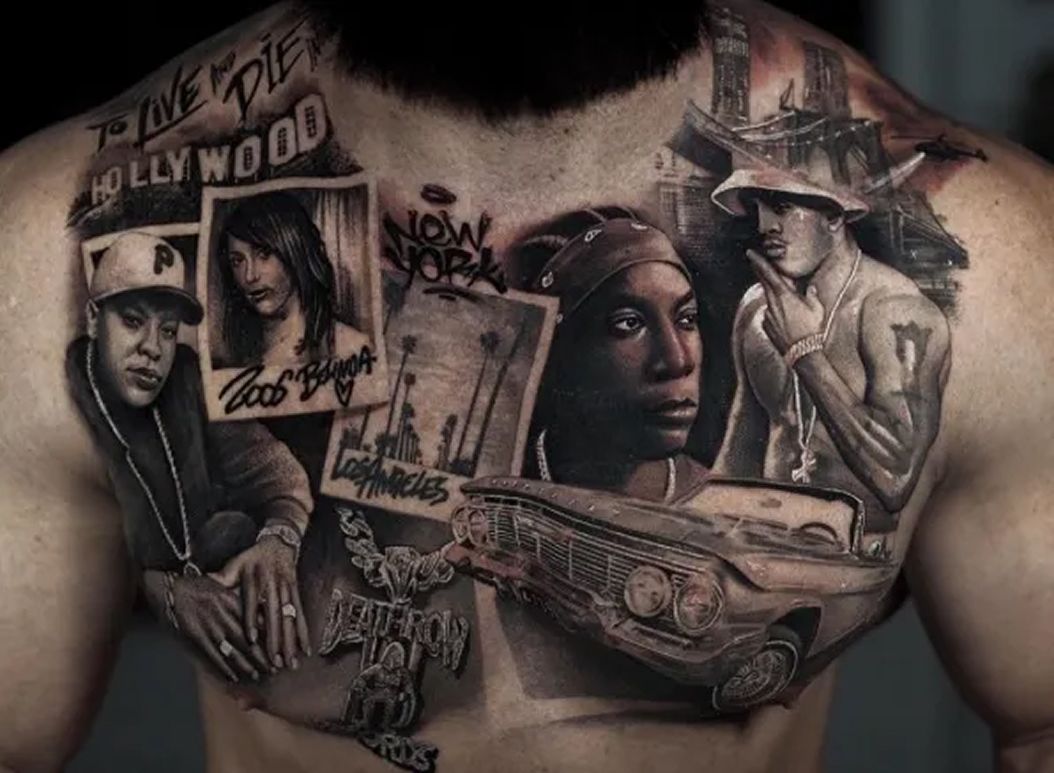
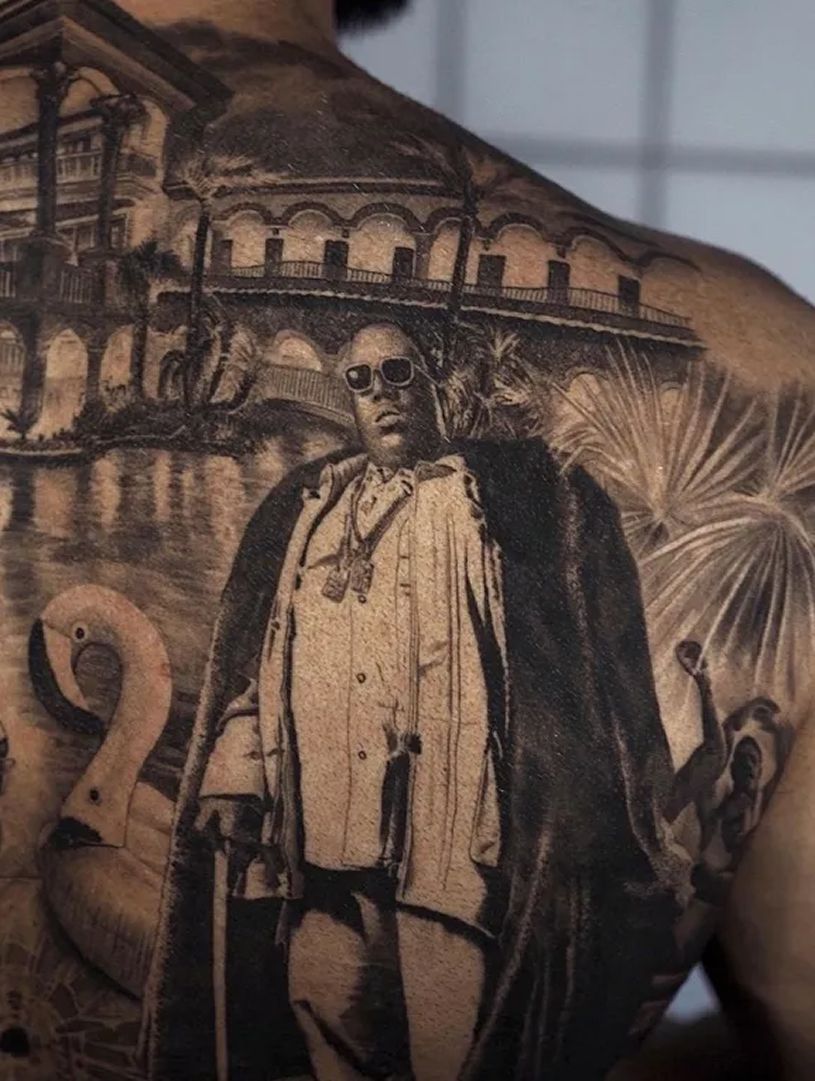
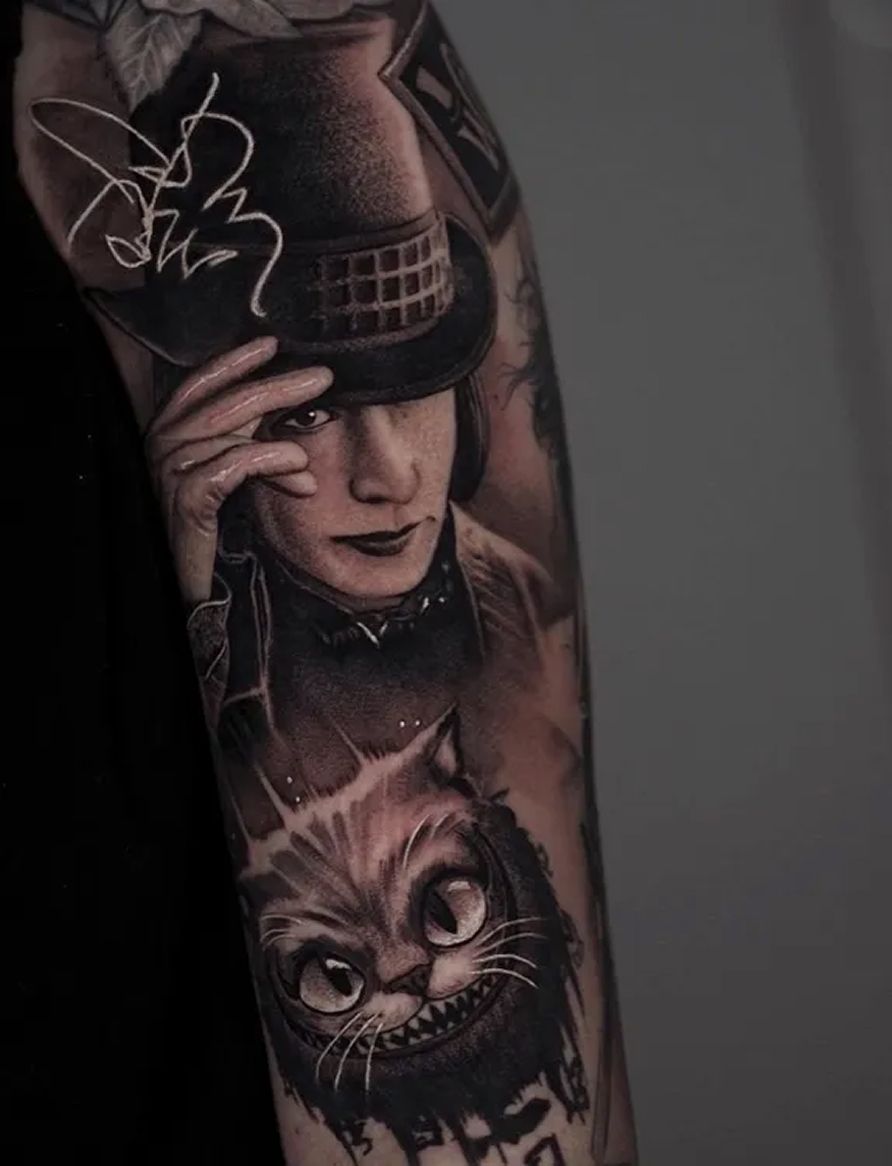
What Makes a Quality Tattoo Course
Comprehensive Curriculum Coverage
A professional tattoo course should include:
Technical Skills
- Needle configurations and applications
- Machine operation and maintenance
- Line work and shading techniques
- Colour theory and application
- Skin anatomy and healing processes
Artistic Development
- Design principles and composition
- Style development and specialization
- Portfolio creation and presentation
- Client consultation skills
Business and Professional Skills
- Studio hygiene and safety protocols
- Client communication and aftercare
- Pricing strategies and business operations
- Legal requirements and compliance
Practical Learning Components
- Quality courses provide:
- Hands-on practice opportunities
- Progressive skill development
- Real-world project assignments
- Constructive feedback and assessment
Ongoing Support and Mentorship
- Look for courses offering:
- Direct access to experienced instructors
- Regular feedback on your progress
- Industry networking opportunities
- Post-graduation career support
Choosing Between Course Types
Online vs. In-Person Training
Online Advantages:
- Greater flexibility and convenience
- Self-paced learning
- Access to expert instructors regardless of location
- Often more comprehensive curriculum
- Better work-life balance during training
In-Person Considerations:
- Immediate hands-on feedback
- Direct peer interaction
- Traditional learning environment
- Location and schedule constraints
Specialized vs. General Courses
Consider whether you want:
- Specialized Training: Focus on specific styles like fine line, traditional, or realism
- General Foundation: Broad-based skills covering multiple tattooing techniques
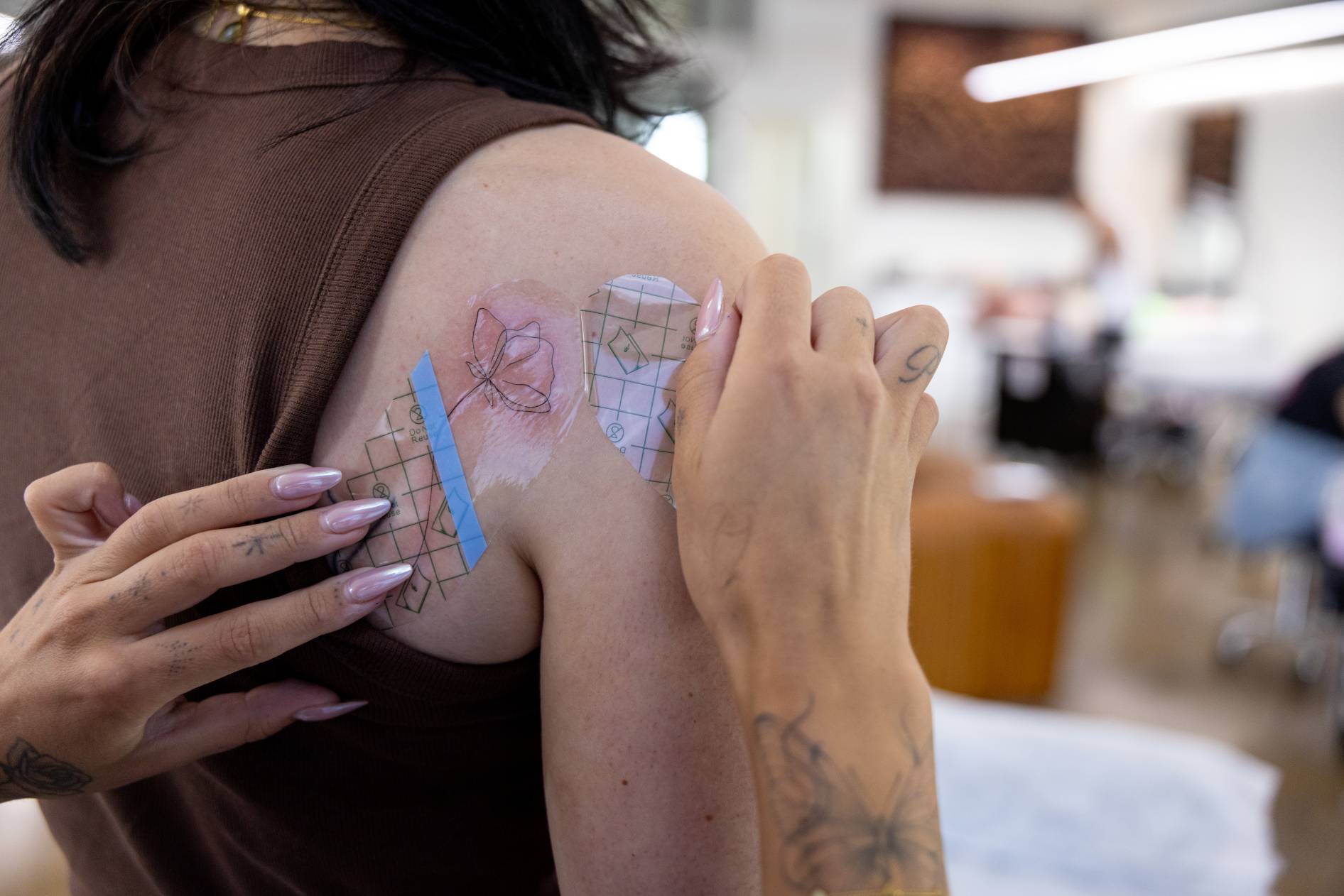
The Learning Process: What to Expect
Phase 1: Foundation Knowledge
- Health, safety, and infection control
- Equipment familiarization
- Basic technique development
- Skin anatomy and healing
Phase 2: Skill Development
- Advanced technique practice
- Style exploration and development
- Portfolio creation
- Client interaction skills
Phase 3: Professional Preparation
- Business skills and setup
- Legal compliance and certification
- Industry networking
- Career planning and job placement
Evaluating Course Providers
Key Questions to Ask
- What qualifications do the instructors have?
- What ongoing support is provided after course completion?
- Can you speak with previous graduates?
- What equipment and materials are included?
- Are there opportunities for practical experience?
- What is the refund or cooling-off policy?
Red Flags to Avoid
- Unrealistic promises about income or job placement
- Lack of transparent pricing or hidden fees
- No clear refund or cancellation policy
- Absence of qualified instructor credentials
- Poor student testimonials or reviews
- Career Outcomes and Opportunities
Employment Pathways
- Graduates can pursue various career paths:
- Studio employment as a tattoo artist
- Independent freelance tattooing
- Opening your own tattoo studio
- Specializing in specific tattoo styles
- Teaching and mentoring future artists
Income Potential
Professional tattoo artists in Australia can earn:
- Entry Level: $40,000-$60,000 annually
- Experienced Artists: $70,000-$120,000+ annually
- Specialized/High-End Artists: $150,000+ annually
Income varies based on location, specialization, clientele, and business model.
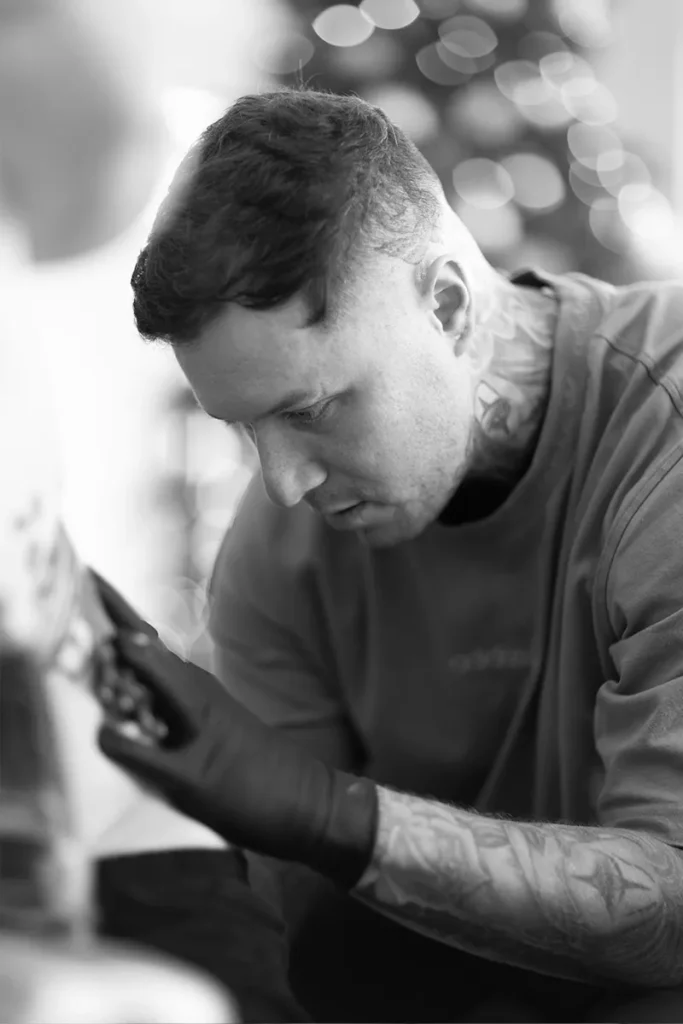
Making Your Decision
Assessing Your Readiness
Before enrolling, honestly evaluate:
- Your commitment to learning and practice
- Available time for study and skill development
- Financial readiness for course investment
- Long-term career goals in tattooing
- Artistic abilities and potential for growth
Next Steps
- Research multiple course providers
- Request detailed course information
- Speak with admissions consultants
- Connect with industry professionals
- Take advantage of free trials or consultations
Conclusion
Choosing the right online tattoo course is a significant investment in your future career. By understanding the prerequisites, accreditation standards, and what constitutes quality training, you can make an informed decision that sets you up for success in the thriving Australian tattoo industry.
The flexibility and comprehensive nature of online tattoo courses make them an excellent choice for aspiring tattoo artists who want structured, professional training without the constraints of traditional apprenticeships. With proper research and commitment to your education, an online tattoo course can be the foundation for a rewarding and successful career in tattooing.
Remember that your education is just the beginning – continuous learning, practice, and professional development will be key to your long-term success as a tattoo artist.
